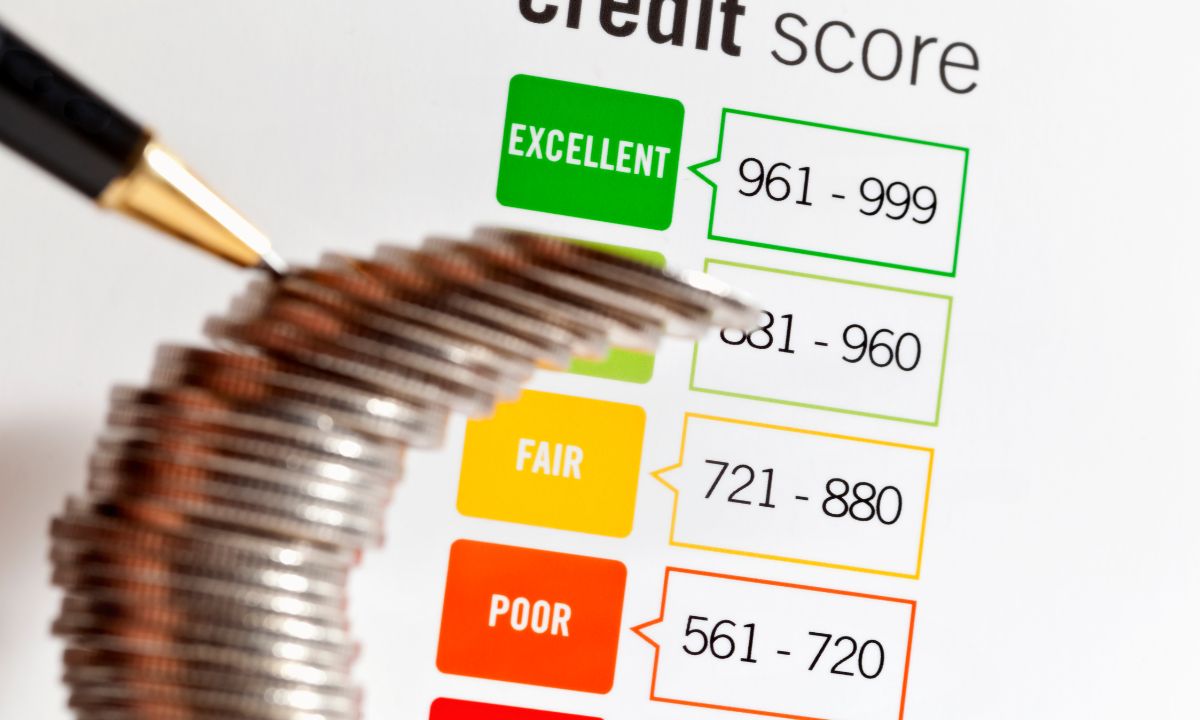How to Get a Mortgage Without a Credit Score
 Getting a mortgage without a credit score may seem like a tough task, but it is possible. Many assume that a credit score is a must, but if you don’t have one, you can still pursue your dream of homeownership. Here’s how.
Getting a mortgage without a credit score may seem like a tough task, but it is possible. Many assume that a credit score is a must, but if you don’t have one, you can still pursue your dream of homeownership. Here’s how.
What is a Credit Score?
A credit score is a numerical value that shows how well you manage debt. The score is based on factors like your payment history, how long you’ve had credit, and how much credit you’re using. Higher credit scores typically mean better mortgage terms, including lower interest rates.
Loans Without a Credit Score
If you don’t have a credit score, it’s not the end of the road for a mortgage. While many lenders are cautious about lending to people without a credit history, there are still options available. Some government-backed loans, such as FHA, VA, and USDA loans, accept applicants without a credit score. Additionally, certain conventional loans with a large down payment or shorter terms may also be accessible.
The Underwriting Process
Without a traditional credit score, lenders will need to evaluate your creditworthiness using non-traditional credit sources. Lenders typically ask for four forms of alternative credit to show that you can reliably make payments. These could include rent payments, utility bills, phone bills, insurance premiums, and even school tuition.
Once all the documentation is submitted, the underwriting process can take longer than it would for someone with a standard credit history—potentially up to 60 days or more. Since manual evaluation is involved, it’s important not to commit to any home purchase without contingencies for funding approval.
How to Build Credit
If getting a mortgage without a credit score proves challenging, you can start building a credit profile. Opening a credit card and responsibly managing it by paying off balances in full each month is a good start. Keeping your credit usage under 30% of the credit limit can help build a strong credit score over time.
While having no credit score can make the mortgage process more complex, it’s not impossible to secure a home loan. By providing alternative forms of credit or working on building your credit, you can still achieve homeownership.

 The VA home loan program is one of the most valuable benefits offered to those who have served in the U.S. military, providing veterans and active-duty personnel with access to favorable mortgage terms. One common question is whether these VA entitlements ever expire.
The VA home loan program is one of the most valuable benefits offered to those who have served in the U.S. military, providing veterans and active-duty personnel with access to favorable mortgage terms. One common question is whether these VA entitlements ever expire. If you’re thinking about buying a new home next year, there’s one important factor to consider before you start browsing listings—your credit score. A strong credit score can make a huge difference in the interest rates you will qualify for and can also determine your mortgage approval. Starting the process of improving your credit now gives you a head start, putting you in a better position to achieve your homeownership goals when the time comes.
If you’re thinking about buying a new home next year, there’s one important factor to consider before you start browsing listings—your credit score. A strong credit score can make a huge difference in the interest rates you will qualify for and can also determine your mortgage approval. Starting the process of improving your credit now gives you a head start, putting you in a better position to achieve your homeownership goals when the time comes. Your home equity represents one of your most valuable assets. When it comes to borrowing against that equity, many homeowners question how much can they borrow. Understanding the amount of equity you can tap into today is essential, especially if you’re considering a home equity loan or line of credit (HELOC) for major expenses like home improvements, debt consolidation, or other financial needs.
Your home equity represents one of your most valuable assets. When it comes to borrowing against that equity, many homeowners question how much can they borrow. Understanding the amount of equity you can tap into today is essential, especially if you’re considering a home equity loan or line of credit (HELOC) for major expenses like home improvements, debt consolidation, or other financial needs. With the release of the PCE Index data, we are seeing the trend hold as inflation continues to slow down. This gives the Federal Reserve room to continue its rate cuts in the future. Following the positive news for inflation data, the GDP has also seen a larger-than-expected growth of 3% this quarter. The only data running against the tide is the Consumer Confidence reports, which reported to show that consumers are at their most anxious since 2021. We should expect a greater impact on the lending and broader markets ahead of the elections.
With the release of the PCE Index data, we are seeing the trend hold as inflation continues to slow down. This gives the Federal Reserve room to continue its rate cuts in the future. Following the positive news for inflation data, the GDP has also seen a larger-than-expected growth of 3% this quarter. The only data running against the tide is the Consumer Confidence reports, which reported to show that consumers are at their most anxious since 2021. We should expect a greater impact on the lending and broader markets ahead of the elections.